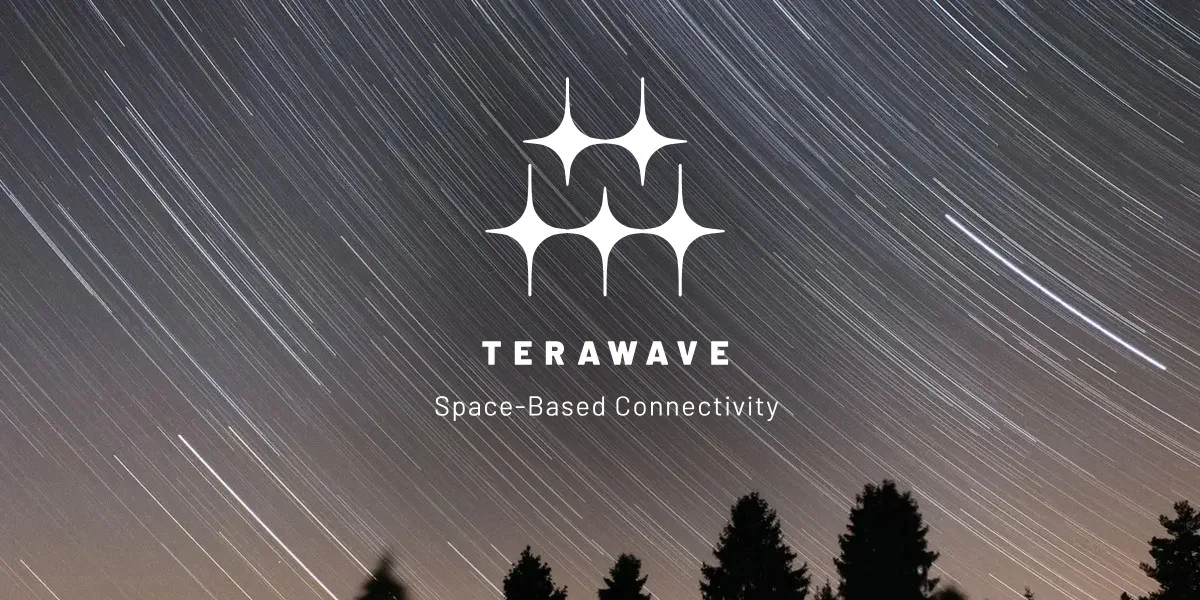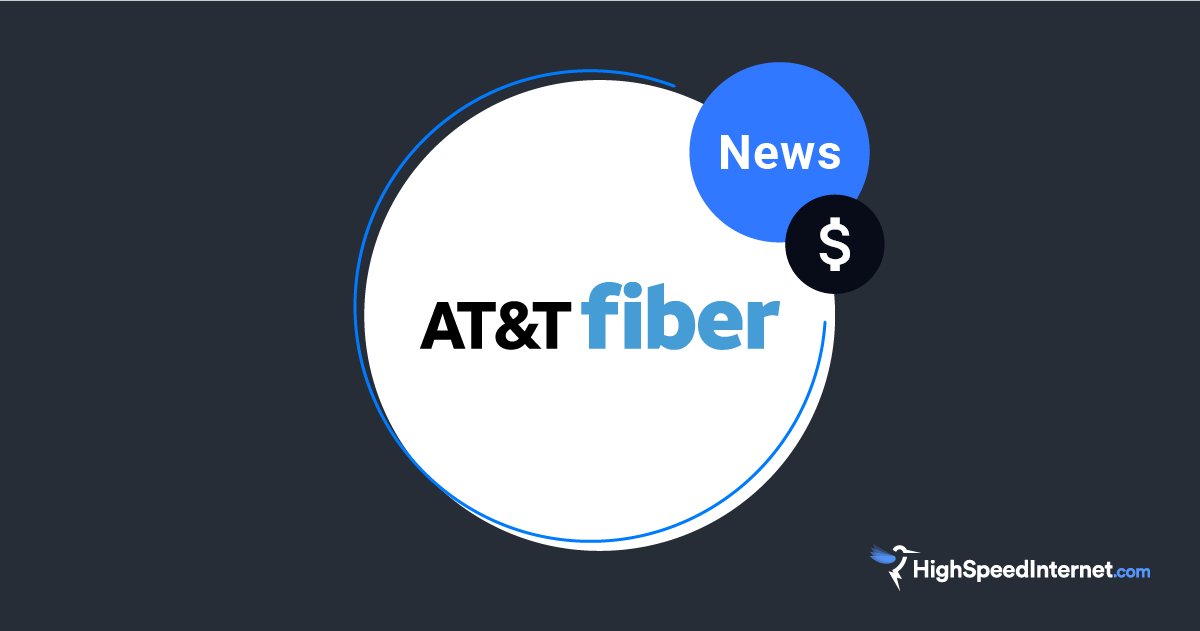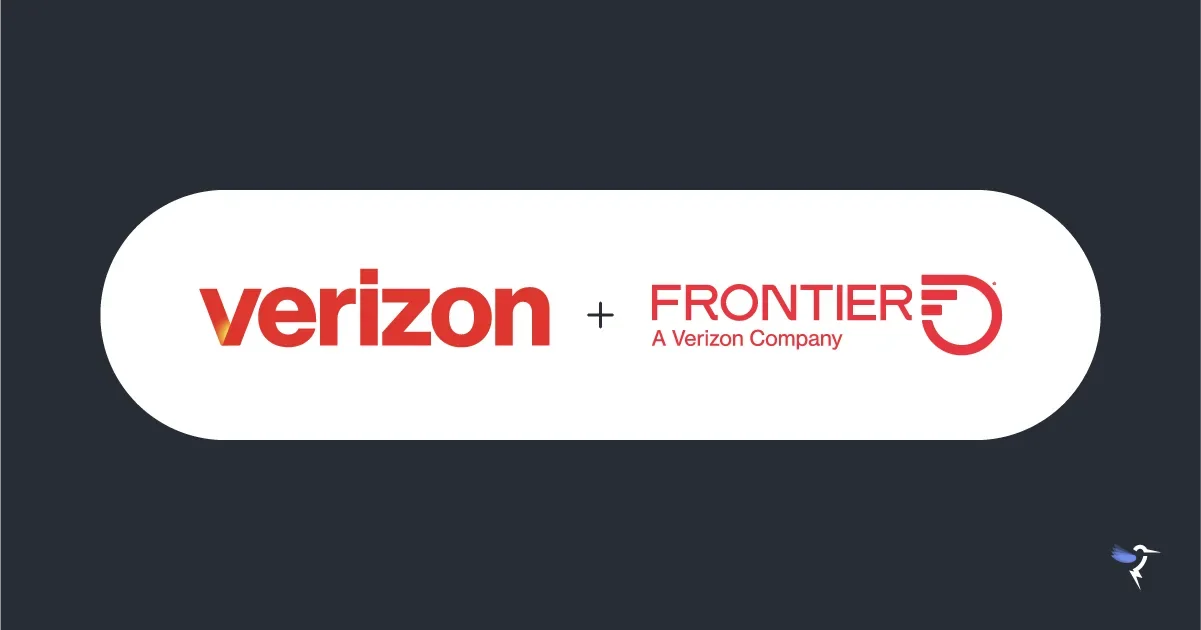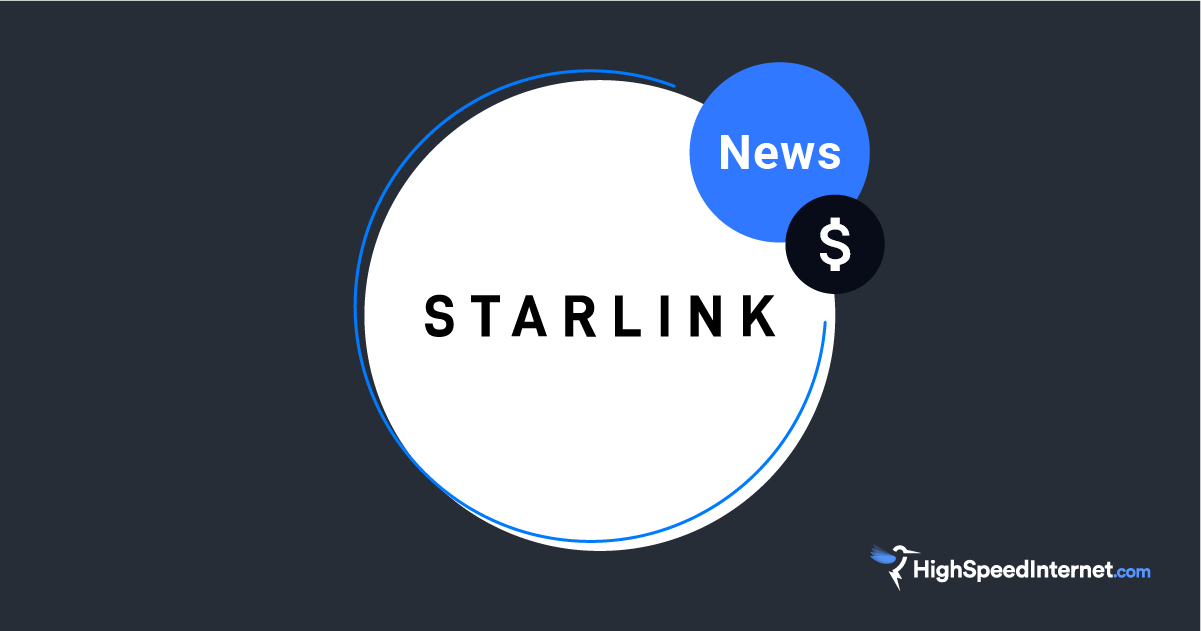Is fixed wireless internet the wave of the future?
Verizon seems to think so, according to new financial report
Oct 22, 2024 | Share
News
Verizon says its fixed wireless home internet service is a “long-term, sustainable business” that customers love for its convenience, ease of setup, and reliable performance.
That message is resonating with home and business internet customers across the country, and it’s working even better than the company expected, according to Q3 2024 financial results reported Tuesday, Oct. 22.
The company had 4.2 million fixed wireless subscribers by September of this year, an increase of nearly 57 percent (with about 363,00 new customers over the summer). The growth has reached targets 15 months earlier than expected due to high demand from customers “as they continue to trust the reliability of the product and speed and ease of deployment,” according to the report.
“We are connecting people—empowering them to do more, experience more, and achieve more.”
– Hans Vestberg, Verizon CEO
What is Verizon fixed wireless home internet?
Fixed wireless service from Verizon works on the company’s 5G and 4G LTE networks. If you sign up, the company will send you an internet gateway that you can set up with the help of the company’s mobile app.
You can get download speeds up to 1,000Mbps with the 5G Home Internet Plus plan or up to 300Mbps with the 5G Home Internet plan, but those speeds are subject to congestion. In other words, if you and all your neighbors have Verizon fixed wireless internet and you all try to log on at once, your speeds could slow dramatically.
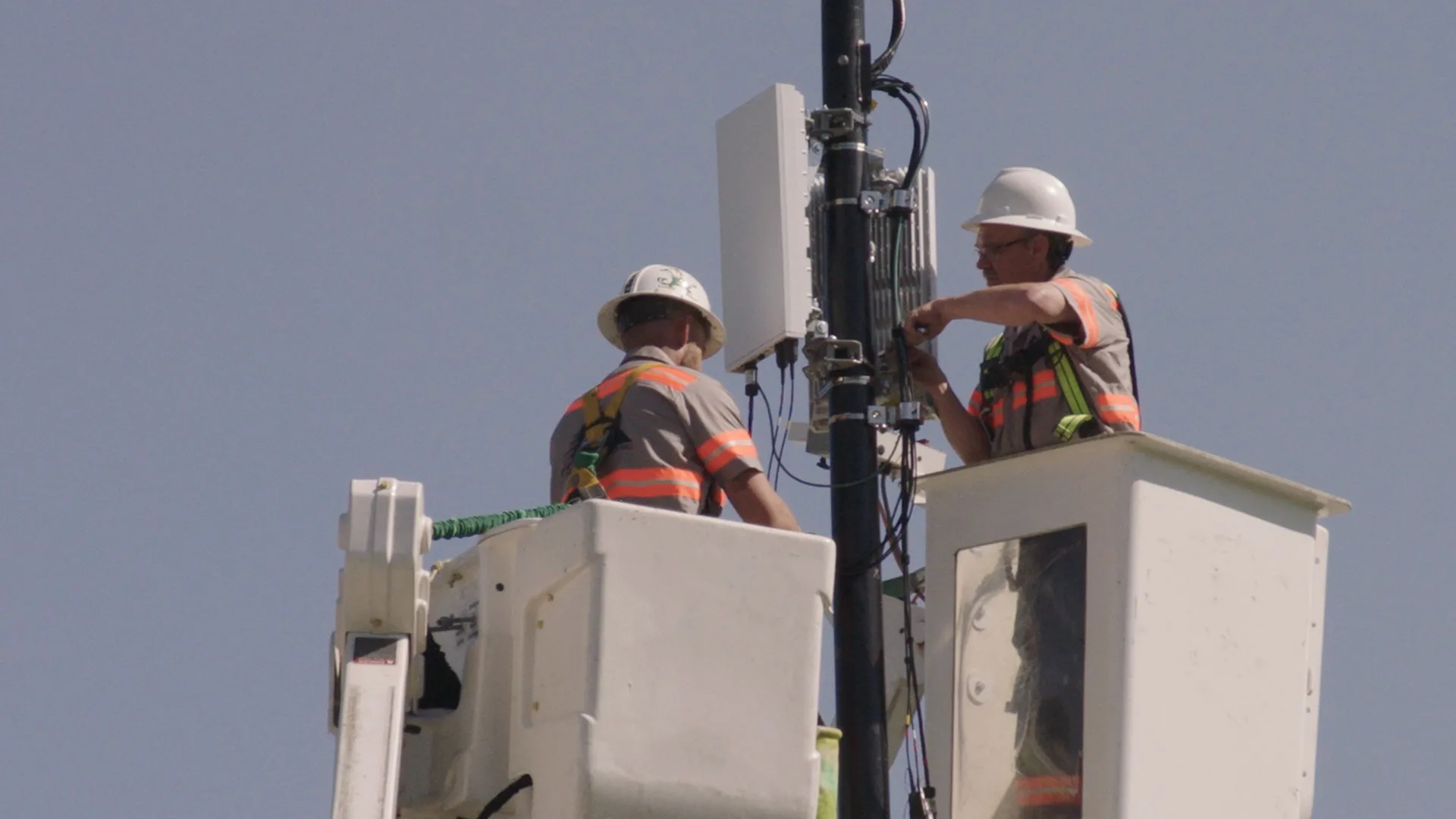
Fixed wireless home internet from Verizon
| Plan | Speeds | Price |
|---|---|---|
| 5G Home Internet | Up to 300Mbps | $60.00/mo. w/Auto Pay* |
| 5G Home Internet Plus | Up to 1,000Mbps | $80.00/mo. w/Auto Pay* |
*Price per month with Auto Pay & without select 5G mobile plans. Consumer data usage is subject to the usage restrictions set forth in Verizon’s terms of service; visit: https://www.verizon.com/support/customer-agreement/ for more information about 5G Home and LTE Home Internet or https://www.verizon.com/about/terms-conditions/verizon-customer-agreement for Fios internet.
T-Mobile and AT&T also offer fixed wireless home internet using their 5G and 4G LTE networks. Prices start a little lower every month, but the networks aren’t as robust as Verizon’s (especially outside big cities). What you can get depends on where you live and how much excess capacity each provider has in your area.
Verizon banks on bundling
Verizon’s bundling strategy is a key part of the company’s success, and its future. Customers who choose Verizon for home internet can get mobile service for as little as $35 per month, and vice versa.
Home internet customers can also bundle either streaming services or live TV with their internet plans, making the company a true competitor for traditional cable internet companies such as Xfinity and Spectrum.
“This is a game changing moment for Verizon and for connectivity across the country,” Vestberg said. “We are creating an integrated connectivity experience that gives customers freedom in how they connect and use our services. This is about delivering the network of the future, and setting a new bar for the entire industry.”
Verizon’s fiber internet backbone
Verizon is making waves in fixed wireless internet, but its fiber internet strategy (under the brand name Verizon Fios) is clipping right along. It added 43,000 customers over the summer, according to the financials.
The company announced it has 7.7 million Fios customers, with a network that passes 18 million addresses. It hopes to add at least 650,000 addresses per year.
The company is also hoping to buy Frontier’s fiber internet network, which passes 9-10 million addresses. If that happens, it could build the total network by about one million new addresses per year. It hopes to reach 30 million addresses by 2028, with an eventual goal of 35-40 million addresses served.
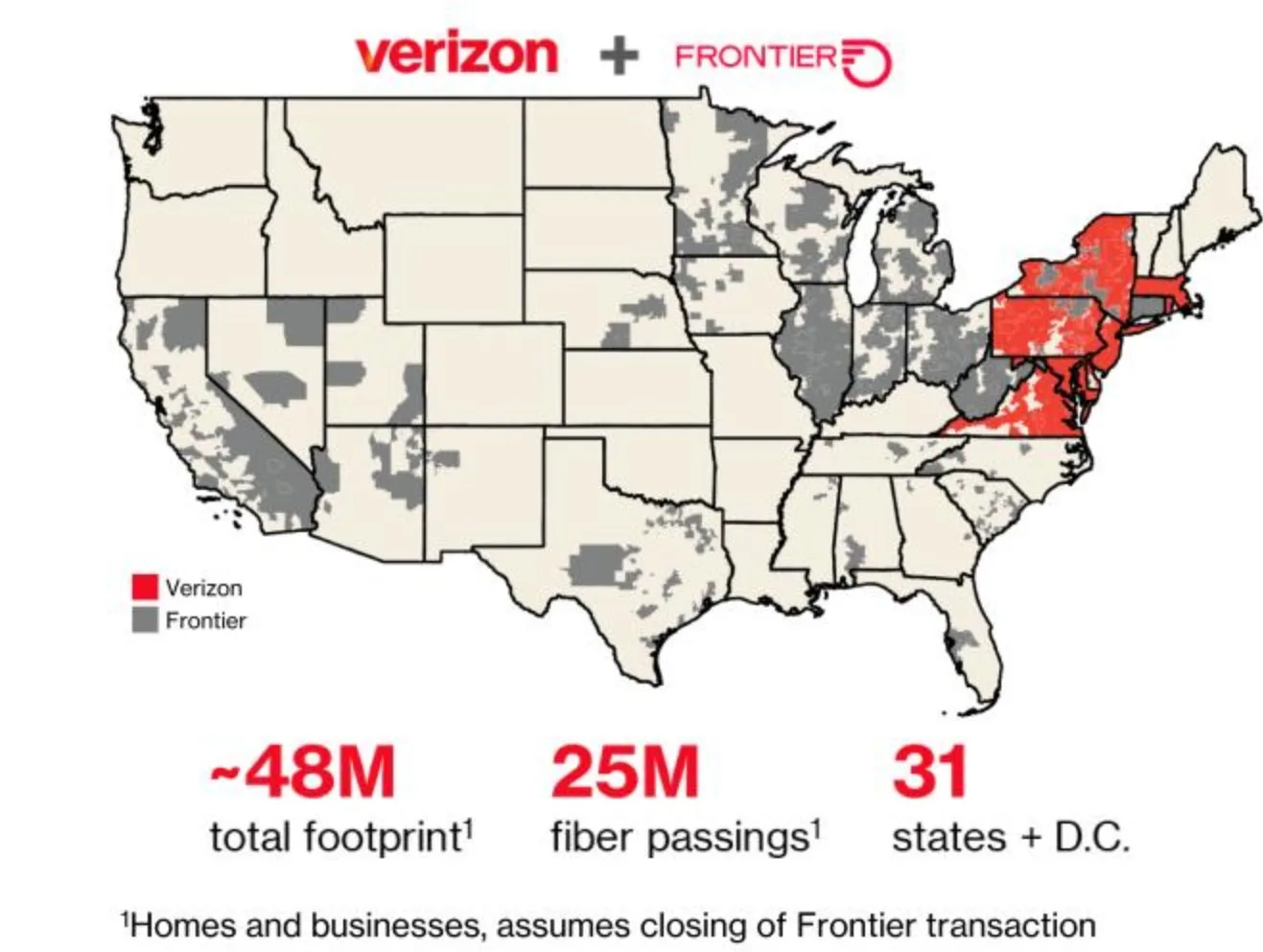
Taking on cable internet behemoths
If it reaches its fiber expansion goals, Verizon’s fiber network alone would rival the nation’s biggest cable internet networks. Spectrum has a little more than 30 million customers, and Xfinity has around 32 million. Their respective networks pass a lot more addresses than that, but the companies are hemorrhaging video and internet customers in the face of competition from streaming services and companies like Verizon.
According to estimates from SNL Kagan and Bloomberg Intelligence, first reported by Yahoo, Cable providers may lose up to 481,000 internet customers in the third quarter. That would be the worst ever decline for the industry.
Pros and cons of internet tech types
Cable internet is the easiest to get across the U.S., and it offers some of the lowest prices out there, at least at first. You’ll benefit from reliable speeds, but watch out for so-so customer service records, price hikes after a few years, and monthly equipment costs.
Fiber internet is the fastest and most reliable service type, and it usually comes with included equipment and straightforward pricing. Construction is slow and expensive for providers, though, so you may not be able to get it where you live.
Fixed wireless internet from 5G and 4G LTE networks is not as fast or as reliable as cable and fiber internet, but it’s super easy to set up and the speeds are fast enough for many households and businesses. Like fiber, you get straightforward pricing and no equipment costs.
You can bundle video service, mobile phone service, and internet service with any connection types, and we think bundling is a good idea for most families. However, what you can get is highly dependent on where you live.
Looking for bundling options near you? Let's go!
Enter your zip code to compare and save.
Read more about bundling in our expert library
- Is Bundling TV and Internet Worth It in 2024?
- The Best Ways to Save Money With Internet and Mobile Phone Bundles
- Is Bundling Spectrum Internet and Mobile Worth It?
- Is Bundling T-Mobile Phone and Internet Worth It?
- Is Bundling Xfinity Internet and Mobile Worth It?
- Xfinity Signs Up More Than 7 Million Mobile Customers
Author - Chili Palmer
Chili Palmer covers home tech services, with a special focus on understanding what families need and how they can stay connected on a budget. She handles internet access and affordability, breaking news, mobile services, and consumer trends. Chili’s work as a writer, reporter, and editor has appeared in publications including Telecompetitor, Utah Business, Idaho Business Review, Benton Institute for Broadband & Society, and Switchful.com.
Editor - Jessica Brooksby
Jessica loves bringing her passion for the written word and her love of tech into one space at HighSpeedInternet.com. She works with the team’s writers to revise strong, user-focused content so every reader can find the tech that works for them. Jessica has a bachelor’s degree in English from Utah Valley University and seven years of creative and editorial experience. Outside of work, she spends her time gaming, reading, painting, and buying an excessive amount of Legend of Zelda merchandise.
